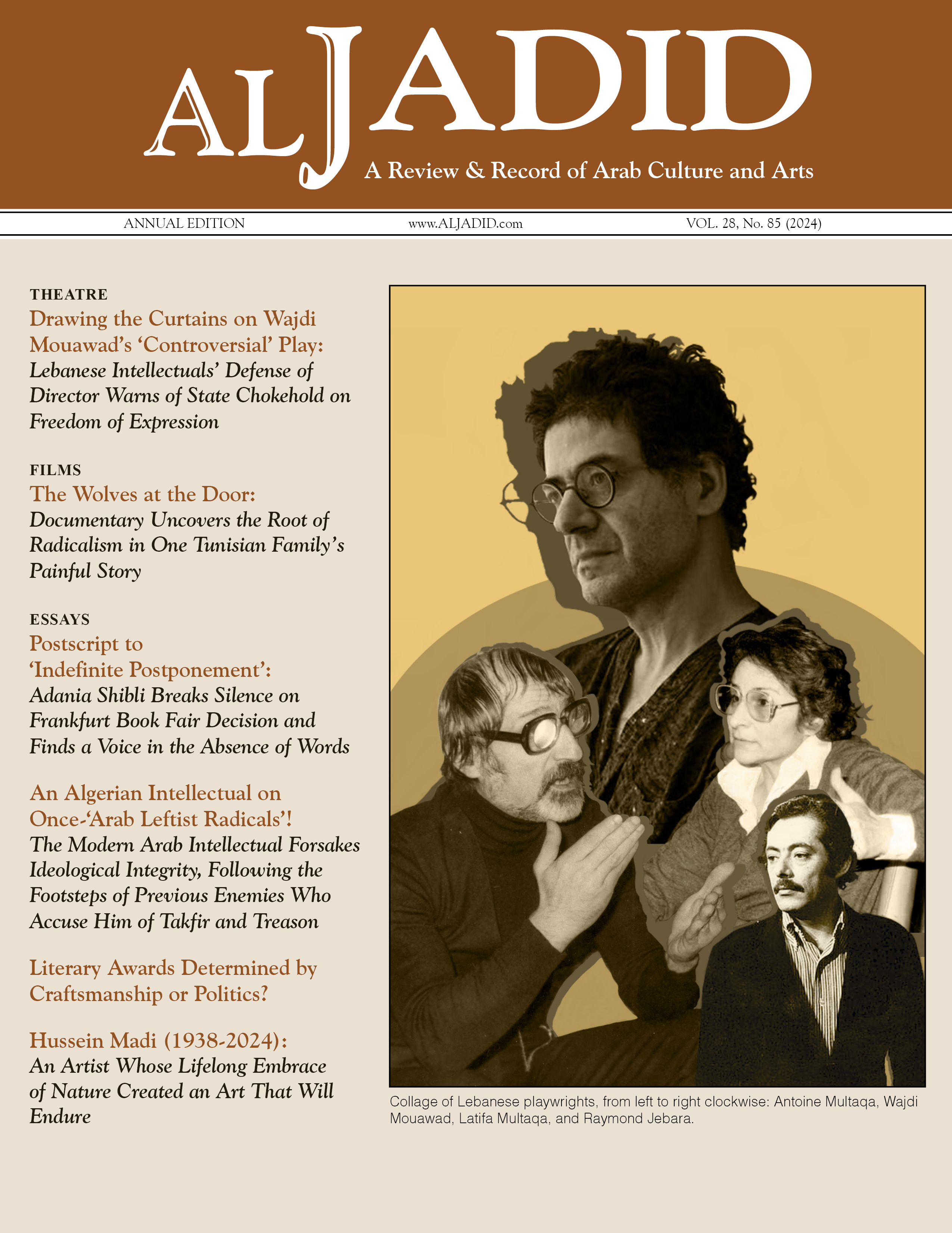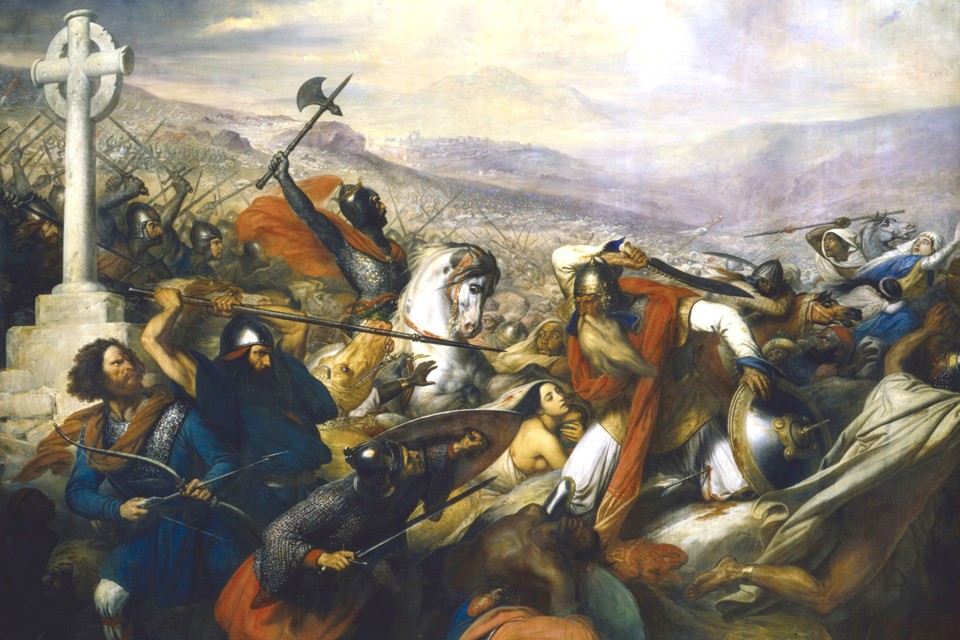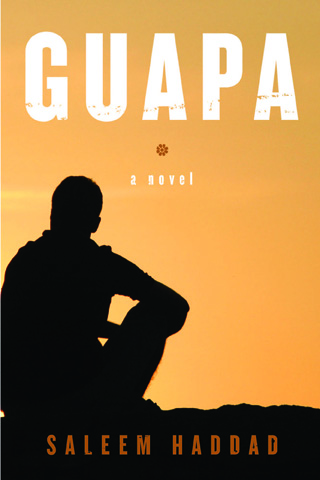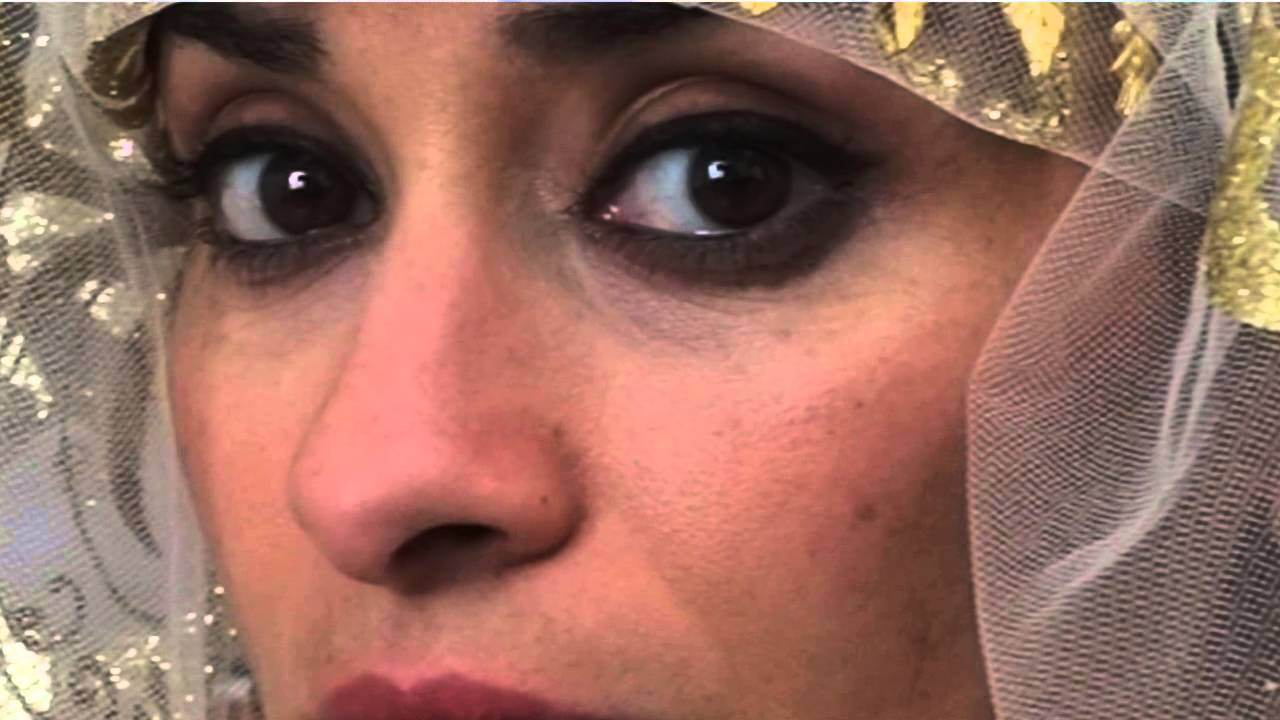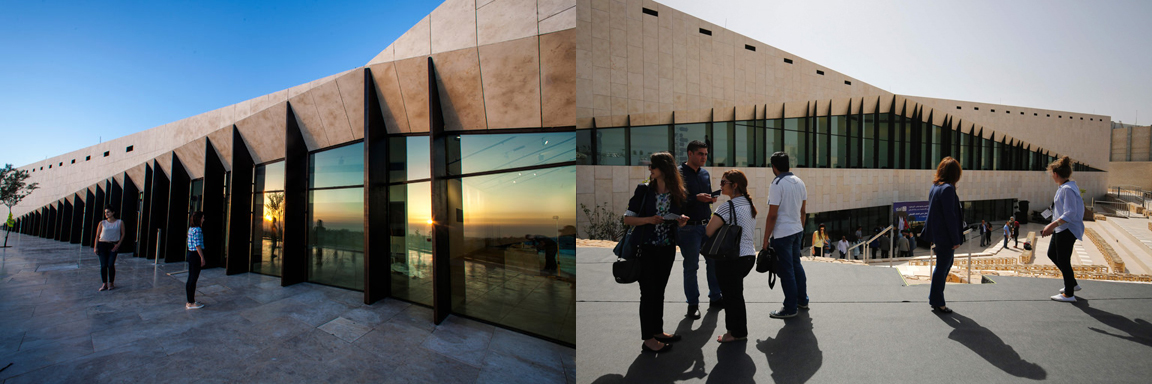No West Without East: Robert Kaplan’s ‘How Islam Created Europe’
The Mystery of Ashraf Marwan: Murder or Accident? Traitor or Hero?
Despite having gone unnoticed by Egypt’s presidents as a spy, Ashraf Marwan’s death in June 2007 caught the attention of many others. After a five-story fall from his apartment balcony into a garden near Piccadilly Circus in London, where authorities initially wrote Marwan’s death off as a suicide. However, some believe that Marwan was murdered. The motive? Perhaps an act of revenge against the Egyptian billionaire’s betrayal of his country, or a deliberate push by hit men hired to dispose of a spy. The truth remains hidden.
New Novel Explores Gay Arab Man’s Struggle for Identity
By Al Jadid Staff
Reckoning with Darkness: Looking Back on Algeria’s Dark Decade
Behind Palestinian Museum Delays: Bureaucratic Quarrels and Discordant Visions
With an initial investment of $24 million funding the Palestinian Museum, many attending the opening on May 18th felt surprised by the institution’s lack of art exhibits. The Museum directors had originally scheduled the opening on May 15th to honor Nakba Day, a memorial to the Palestinian “nakba” or catastrophe, and had advertised the opening exhibit, the “Never Part” for almost a year. Thus, the lack of Palestinian embroidery, traditional folk crafts, vintage photographs and collected memorabilia sparked confusion among many of those who attended the event.

